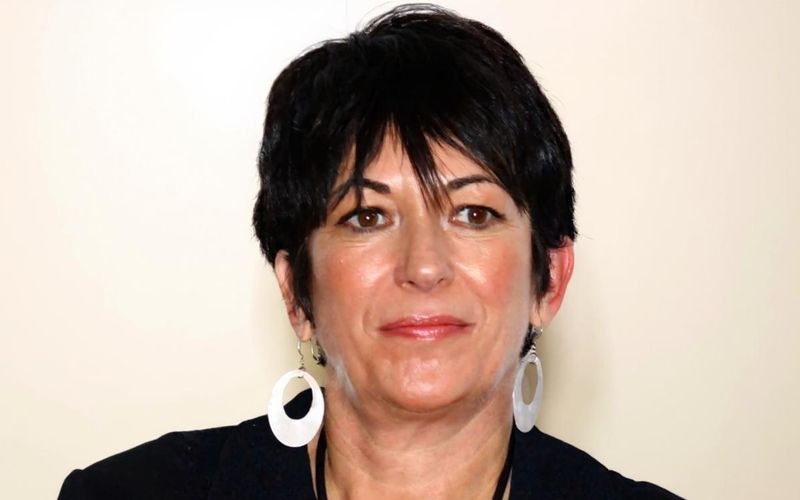The saga surrounding Jeffrey Epstein’s demise continues to ripple through the corridors of power and justice. Ghislaine Maxwell, who stands firm in her convictions, vehemently rejects the notion that Epstein ended his own life. Instead, she contemplates a chilling reality; a reality she fears may leave her vulnerable while she serves her twenty-year sentence behind bars.
In provocative interviews, particularly with the National Enquirer ahead of its July 30 issue, her brother Ian Maxwell has dared to re-examine the dubious circumstances of Epstein's death in 2019. He audaciously claims, “Ghislaine believes he was murdered; indeed, there were murderers on the same wing of the prison,” casting a long shadow over the official narrative. Ian doesn't shy away from deeper implications, suggesting that Epstein could have orchestrated his own exit—by paying someone to eliminate him.
It’s a theory that cannot simply be dismissed. Ian’s arguments are punctuated by anecdotal evidence, notably a “strange object” discovered in Epstein’s cell, described as "wire flex from a CPAP machine." Forensic experts weigh in, indicating that Epstein's injuries appear more consistent with homicide rather than a desperate act of self-destruction. According to recent findings, forensic pathologist Dr. Michael Baden has found fractures in Epstein’s hyoid bone—an injury that is exceedingly rare in cases of suicide by hanging. This presents a perplexing puzzle that is bound to keep conspiracy theorists and skeptics alike on their toes.
The crux of the tragedy lies in the fact that Epstein was supposed to one day confront his accusers in a courtroom setting. Instead, he was found unresponsive in his cell at the Metropolitan Correctional Center in New York City while he awaited trial for his heinous federal sex trafficking charges involving underage girls













